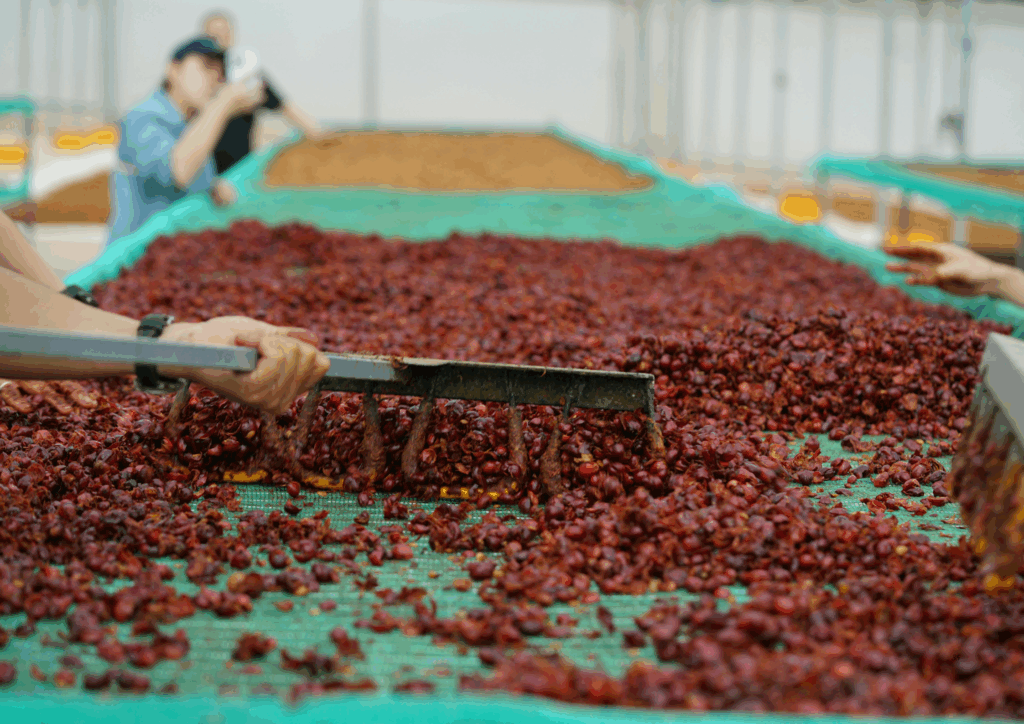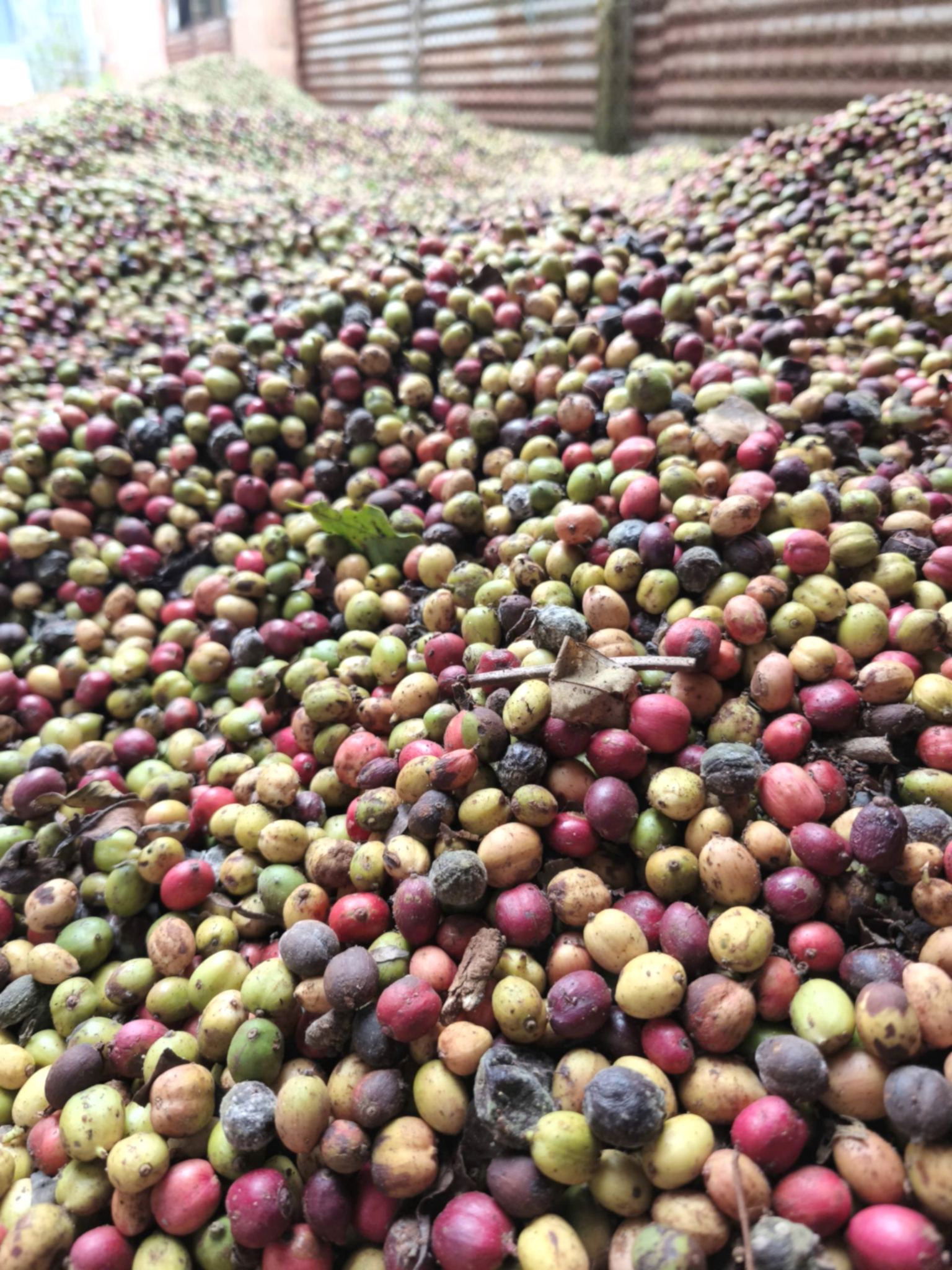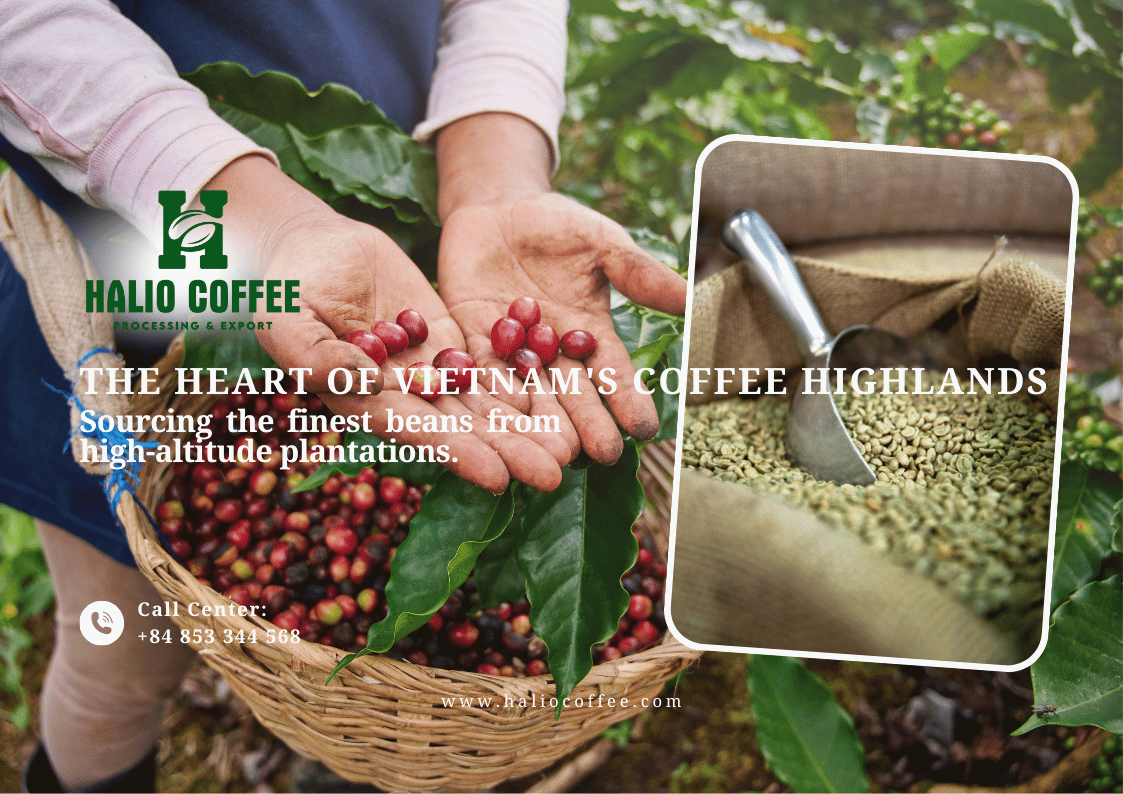The Evolving Landscape of Vietnamese Arabica Green Coffee Beans: A Comprehensive Guide for Global Buyers
As the world’s leading Robusta producer, Vietnam is now rapidly emerging as a significant player in the Arabica green coffee bean market. For coffee manufacturers, distributors, and roasters worldwide, understanding this evolving landscape is crucial. While our previous discussions highlighted the importance of a fresh coffee distributor, this article delves into the specifics of Vietnamese Arabica, with a particular focus on the growing role of Organic Arabica Coffee Bean Suppliers.
1. Vietnam’s Ascending Arabica Production: A Niche of Quality
Historically, Vietnam’s coffee reputation has been synonymous with Robusta’s bold character. However, dedicated efforts and ideal microclimates in specific high-altitude regions are transforming the perception of Vietnamese Arabica.
1.1 Key Arabica Growing Regions in Vietnam
Vietnamese Arabica cultivation is concentrated in areas that offer the cooler temperatures and higher altitudes necessary for this delicate species:
- Lam Dong Province (Cau Dat, Da Lat): This is undoubtedly the flagship region for Vietnamese Arabica. With elevations often exceeding 1,500 meters, Cau Dat Arabica is celebrated for its distinctive aroma, bright acidity, and complex flavor profiles, frequently featuring notes of chocolate, caramel, and subtle fruit or floral undertones.
- Northwestern Provinces (Son La, Dien Bien): These mountainous areas, ranging from 900m to 1,200m in altitude, are increasingly recognized for producing clean-tasting Arabica with nuanced characteristics.
- Quang Tri Province (Khe Sanh): An emerging region, Khe Sanh is making strides in specialty coffee production, demonstrating Vietnam’s commitment to diverse offerings.
1.2 The Allure of Vietnamese Arabica Green Beans
For international buyers, Vietnamese Arabica offers compelling attributes:
- Unique Flavor Signatures: Unlike the broader profiles of some Latin American or African Arabicas, Vietnamese Arabica can present unique and desirable flavor notes, providing roasters with distinct options for blends or single-origin offerings.
- Improving Quality & Consistency: There’s a concerted effort across the industry towards enhancing quality through refined farming practices, selective harvesting of ripe cherries, and the adoption of advanced processing methods (washed, honey, and experimental naturals).
- Competitive Value Proposition: While striving for higher quality, Vietnamese Arabica often maintains a competitive price point compared to established Arabica origins, offering attractive value.
- Growing Sustainability Focus: An increasing number of Vietnamese Arabica producers and exporters are embracing sustainable practices and pursuing international certifications (e.g., Rainforest Alliance, 4C, Organic) to meet global demand for ethically and environmentally responsible coffee.
See more:
- Specialty Arabica Coffee Beans Wholesale
- Green Arabica Coffee for Roasters
- Halio Coffee – Your Trusted Fresh Coffee Distributor of Robusta & Arabica Beans
2. Navigating the Landscape of Green Arabica Coffee Bean Suppliers in Vietnam
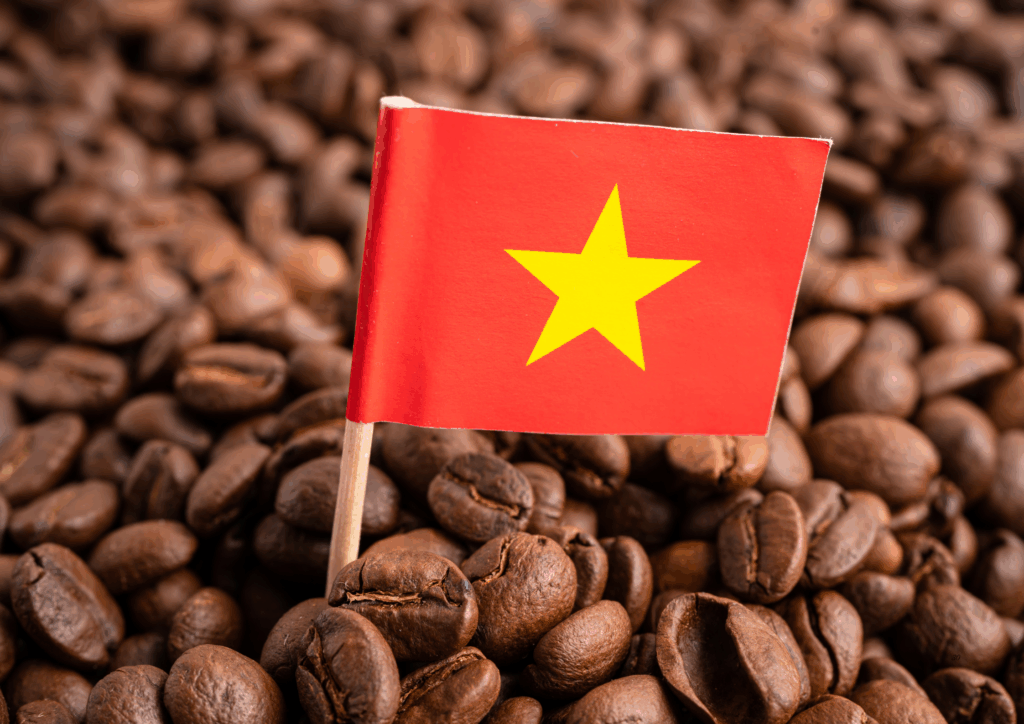
Choosing the right supplier for Vietnamese Arabica is paramount. A reliable supplier acts as a crucial bridge between local farms and global markets, ensuring quality and transparency.
2.1 Core Functions of a Vietnamese Arabica Green Coffee Supplier
Effective suppliers excel in several key areas:
- Strategic Sourcing & Procurement: Building direct, long-term partnerships with Arabica farmers and cooperatives. This often involves providing technical support, training on best practices (like selective picking and optimal processing), and ensuring fair purchasing prices.
- Rigorous Quality Assurance: Implementing strict inspection protocols for green beans, covering moisture content (ideally 11-12.5%), defect count, screen size uniformity, and overall appearance. Cupping sessions by certified professionals are fundamental to assess sensory profiles and determine coffee grades, particularly for specialty lots.
- Advanced Processing & Preparation: Utilizing modern milling machinery to hull, sort, and meticulously grade beans, removing any remaining defects.
- Specialized Packaging & Storage: Employing appropriate packaging (e.g., jute bags, GrainPro bags for enhanced freshness) and ensuring climate-controlled warehousing to protect beans from moisture, pests, and off-odors during storage and transit.
- Logistics & Export Expertise: Managing efficient and secure international shipping, handling all necessary export documentation, customs clearance, and complying with import regulations of destination countries.
- Market Development & Communication: Actively building relationships with international roasters, importers, and distributors, and effectively marketing the unique attributes and origin stories of Vietnamese Arabica.
3. The Rising Demand for Organic Arabica Coffee Bean Suppliers
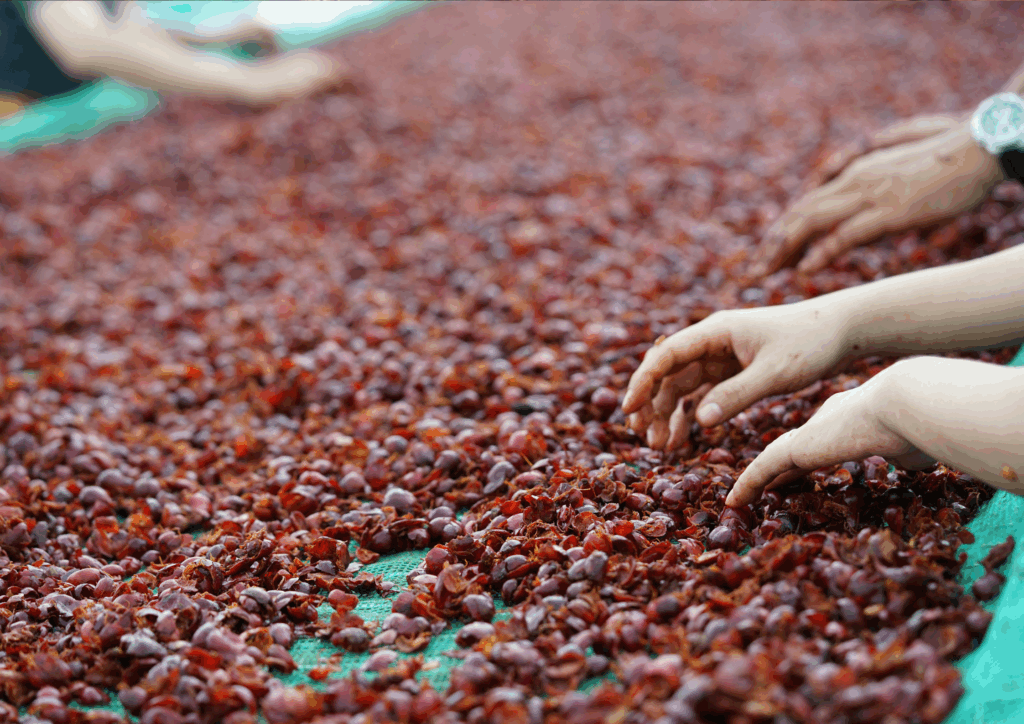
The global shift towards health, environmental consciousness, and ethical consumption has put organic Arabica coffee in a premium position. For coffee companies, partnering with an Organic Arabica Coffee Bean Supplier from Vietnam means accessing high-quality beans grown under strict ecological standards.
3.1 Understanding Organic Certification in Vietnam
For Arabica to be certified organic, it must be grown, processed, and handled without synthetic chemicals (pesticides, herbicides, fertilizers, GMOs). Farmers employ natural methods such as:
- Soil Management: Utilizing organic fertilizers, composting, crop rotation, and cover crops.
- Pest and Disease Control: Employing natural predators, biological traps, and plant-based pesticides.
- Biodiversity Conservation: Maintaining natural ecosystems and planting shade trees.
Key international organic certifications that Vietnamese Organic Arabica Coffee Bean Suppliers typically hold include:
- USDA Organic (USA)
- EU Organic (European Union)
- JAS (Japan)
- Organic Vietnam (national standard, gaining more recognition)
- Independent Certification Bodies: Control Union, Ecocert, Lacon, etc., are authorized to audit and certify.
The certification process usually involves a minimum 3-year conversion period to ensure the land and plants are free from chemical residues.
3.2 Benefits of Partnering with an Organic Arabica Coffee Bean Supplier
- Meets Consumer Demand: Taps into the rapidly growing market for organic, healthy, and sustainably produced goods.
- Higher Value & Premium Pricing: Organic certification allows for significantly higher price points, translating to better margins throughout the supply chain.
- Environmental Stewardship: Supports farming practices that protect ecosystems, soil health, and water resources.
- Enhanced Brand Image: Aligns your company with ethical and responsible sourcing, appealing to a conscious consumer base.
- Regulatory Compliance: Essential for markets with strict organic import regulations.
3.3 Challenges for Organic Arabica Coffee Bean Suppliers in Vietnam
Despite the opportunities, Organic Arabica Coffee Bean Suppliers in Vietnam face specific hurdles:
- Limited Certified Acreage: The area under certified organic Arabica cultivation is still relatively small compared to conventional farming.
- High Conversion & Certification Costs: The process of converting to organic and obtaining international certifications is time-consuming and expensive, posing a challenge for smallholder farmers.
- Climate Vulnerability: Organic Arabica is particularly susceptible to extreme weather events (like the recent prolonged droughts in Vietnam, impacting the 2024-2025 crop yield by an estimated 5-15%), requiring resilient farming practices.
- Quality Consistency & Traceability: Ensuring consistent quality and full traceability from numerous, often small, organic farms is complex but critical for compliance with regulations like the EU Deforestation Regulation (EUDR), effective December 2024. This new regulation demands farm-level data to prove deforestation-free sourcing.
4. The Future Outlook for Vietnamese Arabica Green Coffee
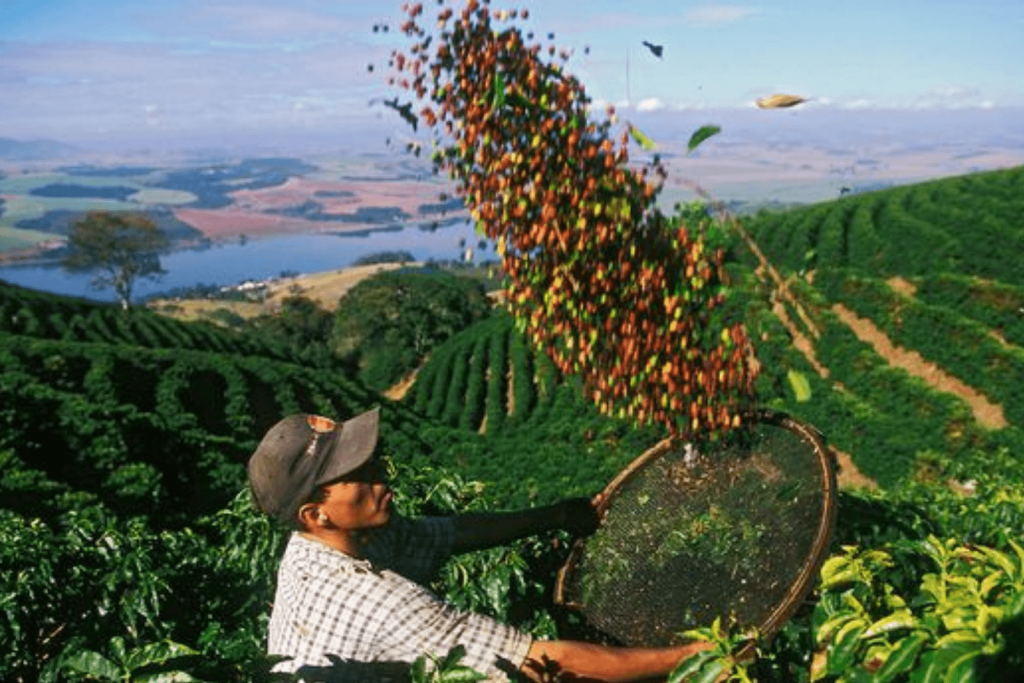
The trajectory for Vietnamese Arabica is promising, characterized by a determined push for quality and sustainability.
- Growing Recognition: Vietnamese specialty Arabica is increasingly winning awards in international competitions, boosting its global reputation and attracting more buyers seeking diverse and high-quality origins.
- Investment in Quality: Continued government and private sector support for farmer training, advanced processing technologies, and adherence to specialty standards will further elevate quality.
- Sustainable Practices: The increasing emphasis on certifications (including organic) and robust traceability systems is making Vietnamese Arabica more attractive to conscious global markets, especially given new import regulations.
- Market Diversification: As Vietnam broadens its coffee portfolio beyond traditional Robusta, it opens up new market segments and strengthens its position as a versatile coffee origin.
For coffee manufacturers, distributors, and roasters, engaging with Vietnamese Organic Arabica Coffee Bean Suppliers and fresh coffee distributors from regions like Buon Ma Thuot presents a strategic opportunity to access unique, high-quality, and ethically sourced Arabica beans for their discerning clientele.
- Direct Trade Vietnamese Robusta Coffee: Opportunities for Global Roasters and Distributors
- The Heart of Robusta: A Buyer’s Guide to Vetting Dak Lak Coffee Suppliers
- A 2026 Strategic Guide to Buy Green Coffee Beans in Bulk
- Coffee Prices Today, Nov 7: Prices Turn Down; What Are the Causes?
- Coffee Prices Today, August 26: Arabica Slips Slightly While Robusta Pauses for Holiday
